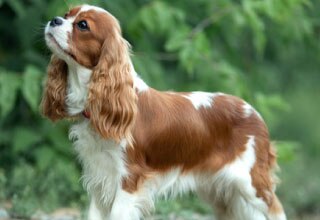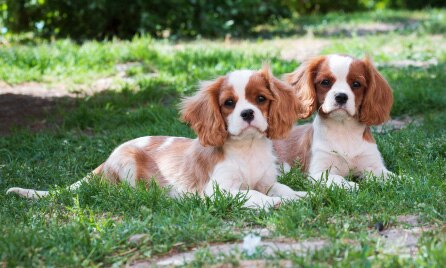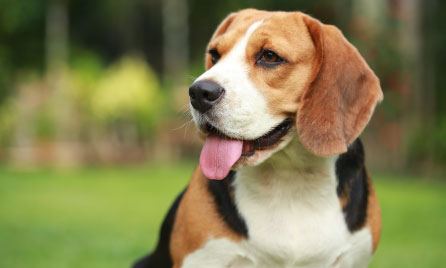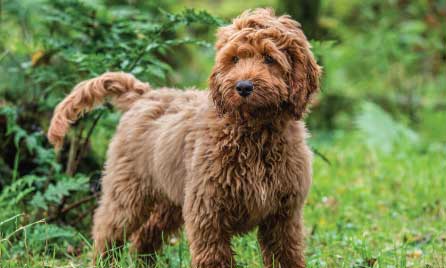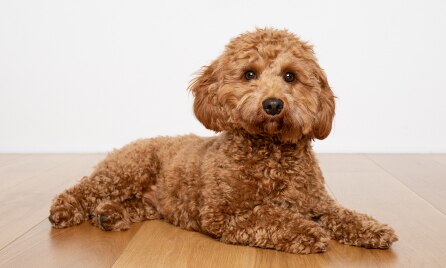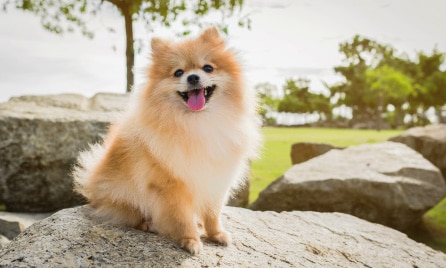- text
-
^ Pre-existing conditions and certain illnesses may be excluded. Policy terms, conditions, exclusions, limits, benefit limits, sub-limits, annual condition limits and excess may apply. For details, please refer to the relevant Product Disclosure Statement (PDS).
◇ Symptoms listed are indicative only, others can apply.
>> As at 31/12/2023 based on the previous 12 months of PetSure (Australia) Pty Ltd claims data.
Information about Cavalier King Charles Spaniels.
- Information about Cavalier King Charles Spaniels.
- Cavalier King Charles Spaniel breed information.
- Should I get a Cavalier King Charles Spaniel?
- Cavalier King Charles Spaniel personality.
- Taking care of a Cavalier King Charles Spaniel.
- Commonly claimed health conditions for a Cavalier King Charles Spaniel.
- The cost of insuring a Cavalier King Charles Spaniel.
- Need Pet Insurance for your Cavalier King Charles Spaniel?
- Why pick Everyday Pet Insurance?
The Cavalier King Charles Spaniel is a small and sociable breed of dog. This breed has one of the longest names, and it’s often referred to as just “Cavalier”. Cavalier Dogs are originally from England and have become famous worldwide thanks to their appearances in TV and movies, like Lady and the Tramp. This breed is active and playful, and can be suitable for both adults and children.
Read our guide below to see if Cavalier King Charles Spaniels are the pet for you.
